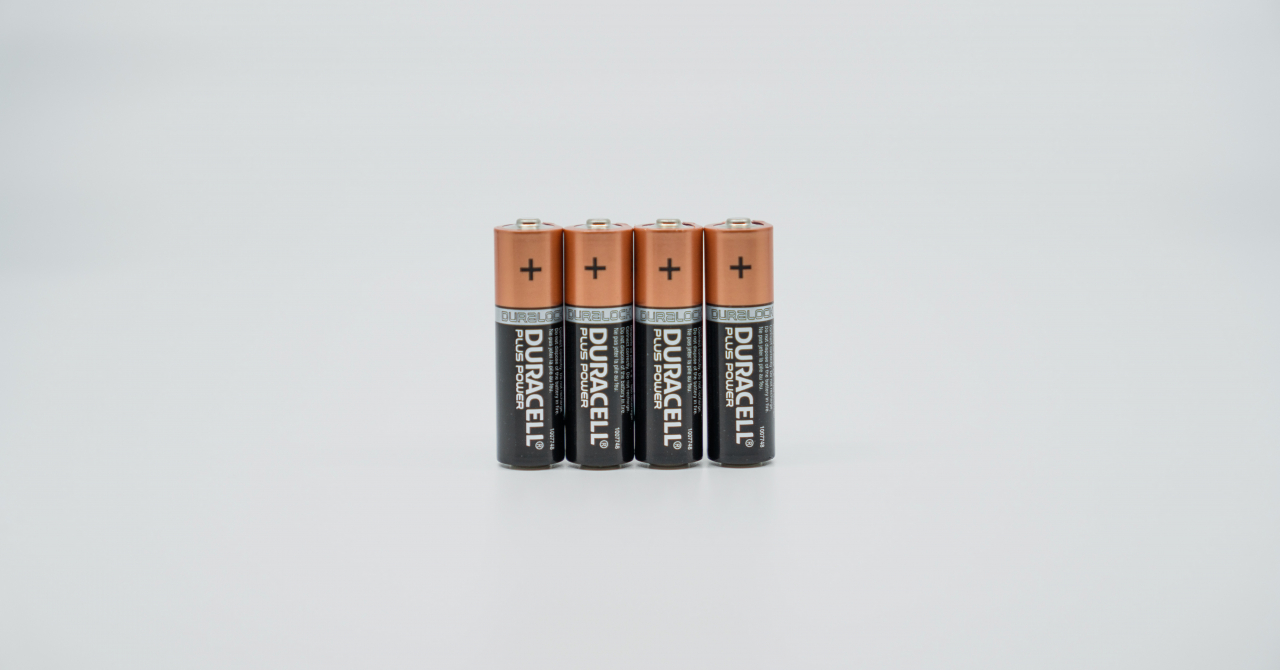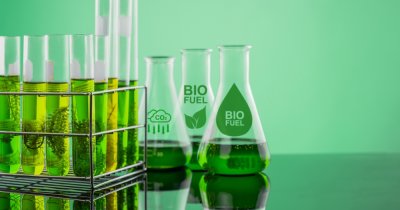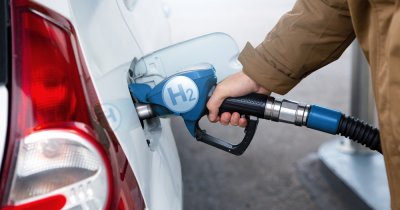According to Energy Daily, sodium is a widely-available substance that can be used for battery manufacturing, but previous efforts proved to be not very reliable.
But a team of scientists at the Department of Energy's PNNL might have overcome performance issues by shifting the ingredients that make up the liquid core of the battery.
PNNL lead author Jiguang (Jason) Zhang, who has more than 23 patented inventions in energy storage technology, said that "here, we have shown in principle that sodium-ion batteries have the potential to be a long lasting and environmentally friendly battery technology."
The way batteries work is that electrolyte circulates inside them, which keeps the energy going.
The electrolyte is being formed by dissolving salts in solvents, which results in charged ions that flow from the positive to the negative electrodes.
This reaction gets slower over time as the battery cell ages, which causes it to stop charging entirely at some point.
Sodium-ion batteries experience this much sooner compared to lithium-ion ones.
Yan Jin and Phung Le, leaders of the research, and their team, tried to solve this issue by changing the liquid solution and the type of salt that flows through it.
Lab tests show that the solution could be durable, as their test unit, which was running at 4.2 V, was able to hold up 90% of its original capacity after 300 cycles, significantly better than most previous sodium-based solutions.
Phung Le said that "we also measured the production of gas vapor at the cathode. We found very minimal gas production. This provides new insights to develop stable electrolyte for sodium-ion batteries that may operate at elevated temperatures."
While sodium-ion batteries are still behind their lithium-based brothers in terms of performance, the new research could show what is possible for the future of battery tech, if the alternative is being explored and improved further.
 Mihai - Cristian Ioniță
Mihai - Cristian Ioniță












Any thoughts?